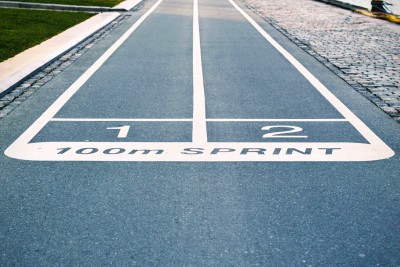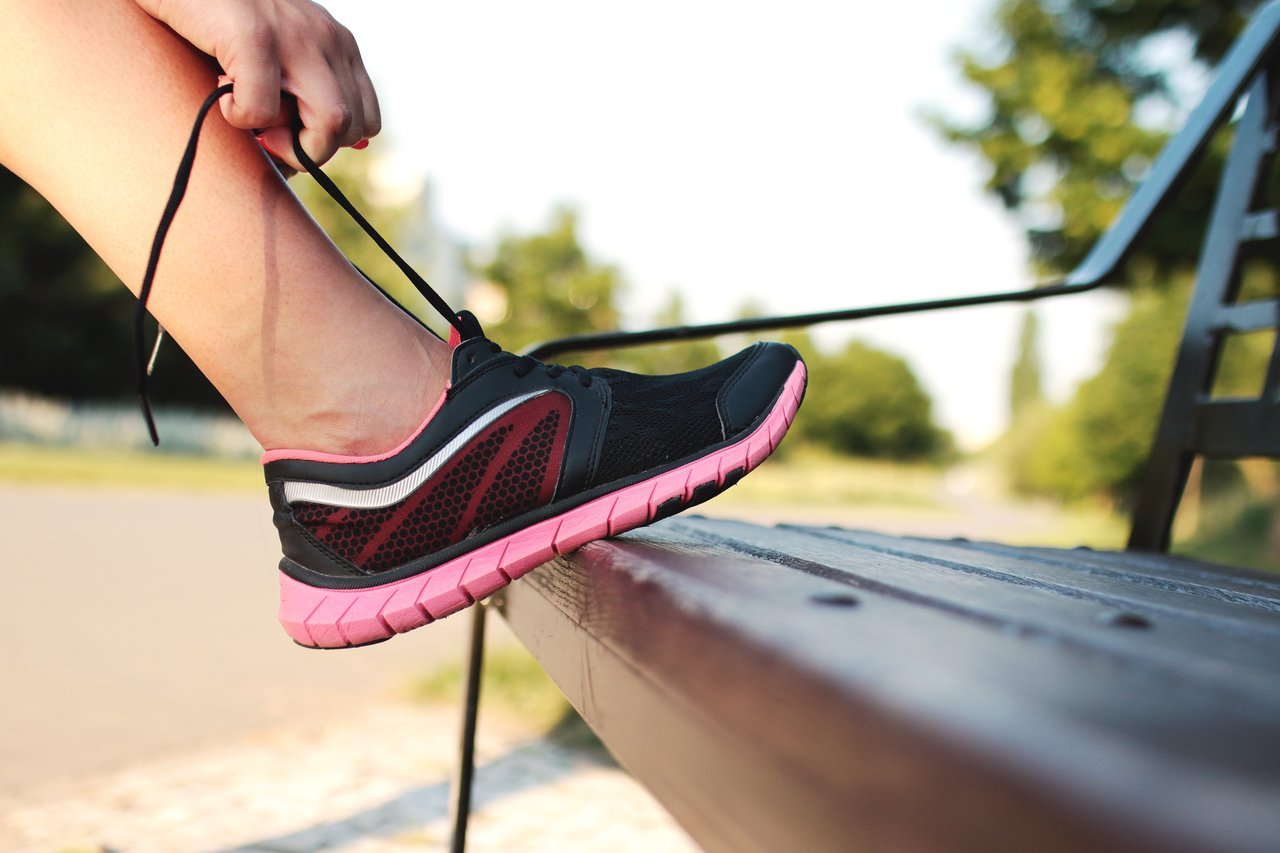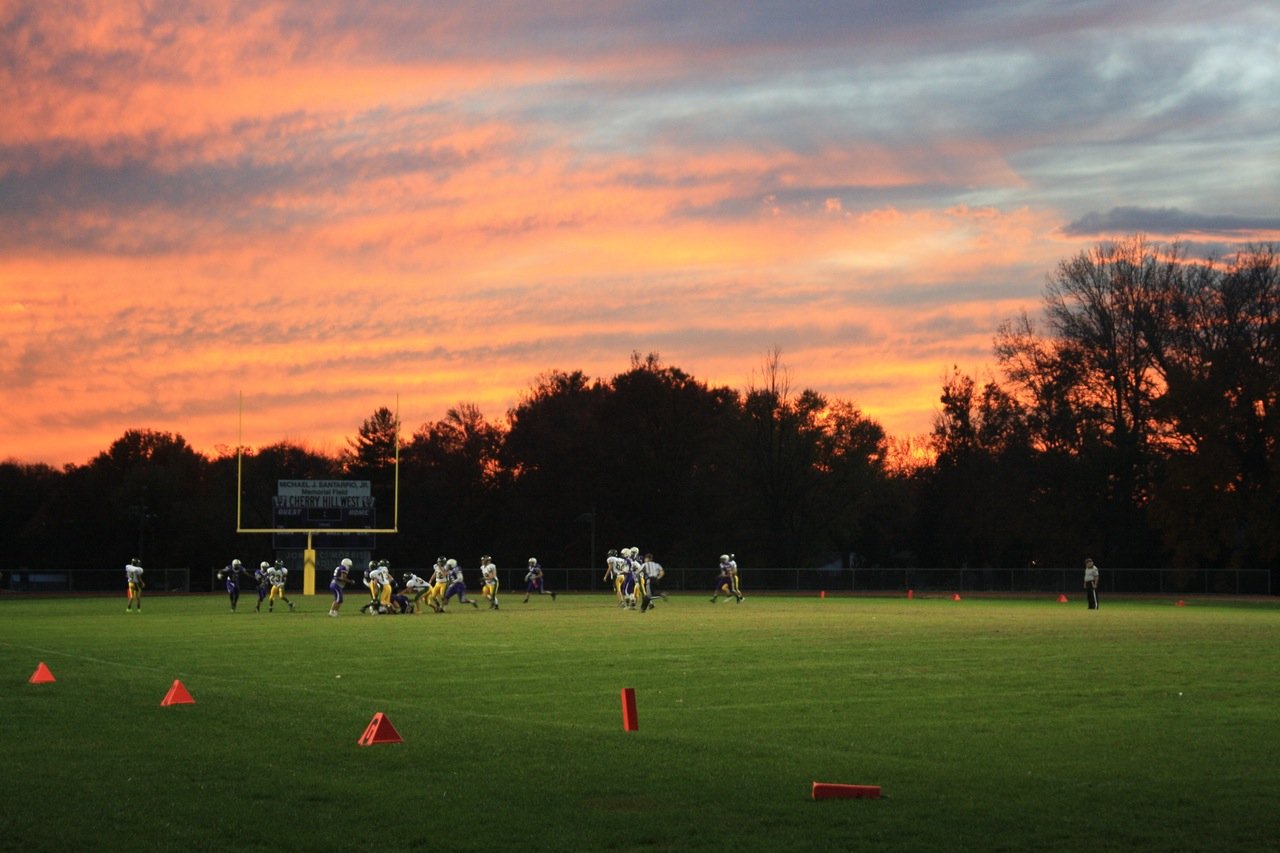
Teen athletes are under a lot of stress from coaches, friends, parents and their own expectations to perform well at every game. Whenever the player is unable to make a goal or prevent the opposing team from scoring, they might feel it’s a failure on their part. As a result, as many as one in every 20 teens have reported using performance enhancing drugs such as steroids to help them during sports competitions.
What are Performance Enhancing Drugs?
Performance enhancing drugs are used to increase muscle strength, keep the body alert and boost athletic performance. There are several different types of drugs that teen athletes use. All of them are highly unsafe and can cause serious harm when ingested.
Some teens may take these drugs in order to gain a competitive edge over rival athletes. Or they may feel frustrated from reaching a plateau in their training. Users of these drugs also commonly have a negative body image.
Types of Performance Enhancing Drugs

Image Credit: Jan Vašek
Creatine
Anabolic Steroids
Side effects and health risks: Nausea, muscle cramps and diarrhea; high doses may lead to heart, liver and kidney problems.
Steroid Precursors
Synthetic versions of the testosterone hormone, anabolic steroids are popular with football players and bodybuilders due to their ability to build muscle mass and raise endurance.
Side effects and health risks: These drugs are extremely dangerous as they can halt bone growth as well as damage the heart, liver and kidneys. Other side effects include high blood pressures and the increased risk of heart attacks.
If you suspect your teen may be using performance enhancing drugs, keep a close eye for these general symptoms:
These drugs include androstenedione (“andro”), norandrostenedione and dehydroepiandrosterone (DHEA) are substances that the body converts into anabolic steroids. Teen athletes take steroid precursors to boost muscle mass. All steroid precursors except DHEA are illegal without a prescription.
Side effects and health risks: For adolescents, using steroid precursors can result in stunted height growth. These drugs also carry similar side effects to that of anabolic steroids.
Symptoms to Watch for

Image Credit: John Sullivan
- An increase in aggressiveness (a side effect known as “roid rage”), which can be caused by steroid use
- Bodily changes such as increased acne, rapid muscle growth, abrupt weight gain
- Teen boys may experience enlarged breasts, male-pattern baldness and shrinking testicles
- Teen girls girls experience smaller breasts, deeper voices and excessive body hair
Be sure to talk to your teen about their drug use; discuss the reasons why they’re using and explain the potential side effects of these drugs. Show them that you’ll help them quit however you can, which may involve the assistance of medical professionals. The small benefit a teen may experience from using a performance enhancing drug is not worth the consequences that could hurt them for life.
Feature Image: Tim Gouw


